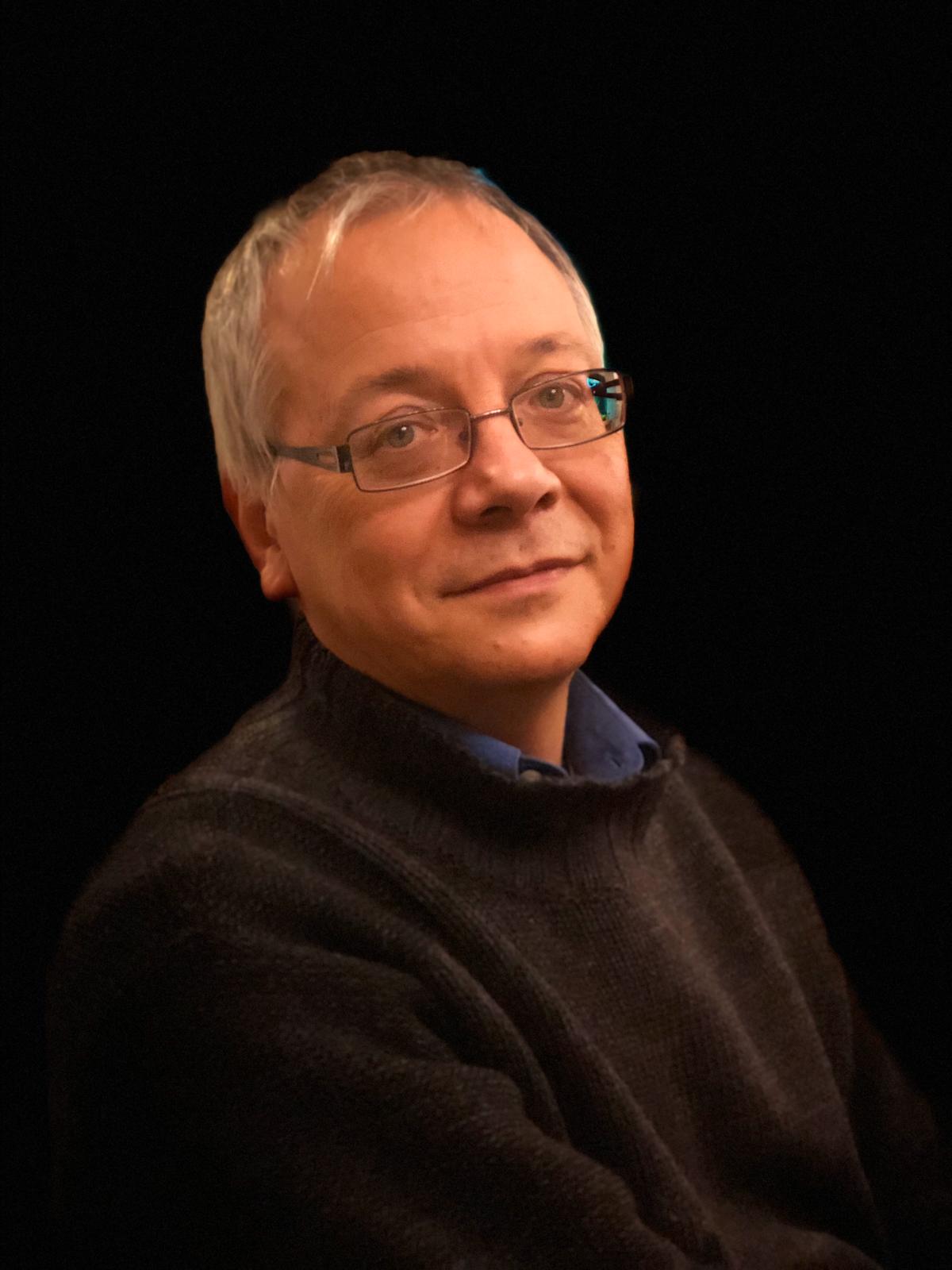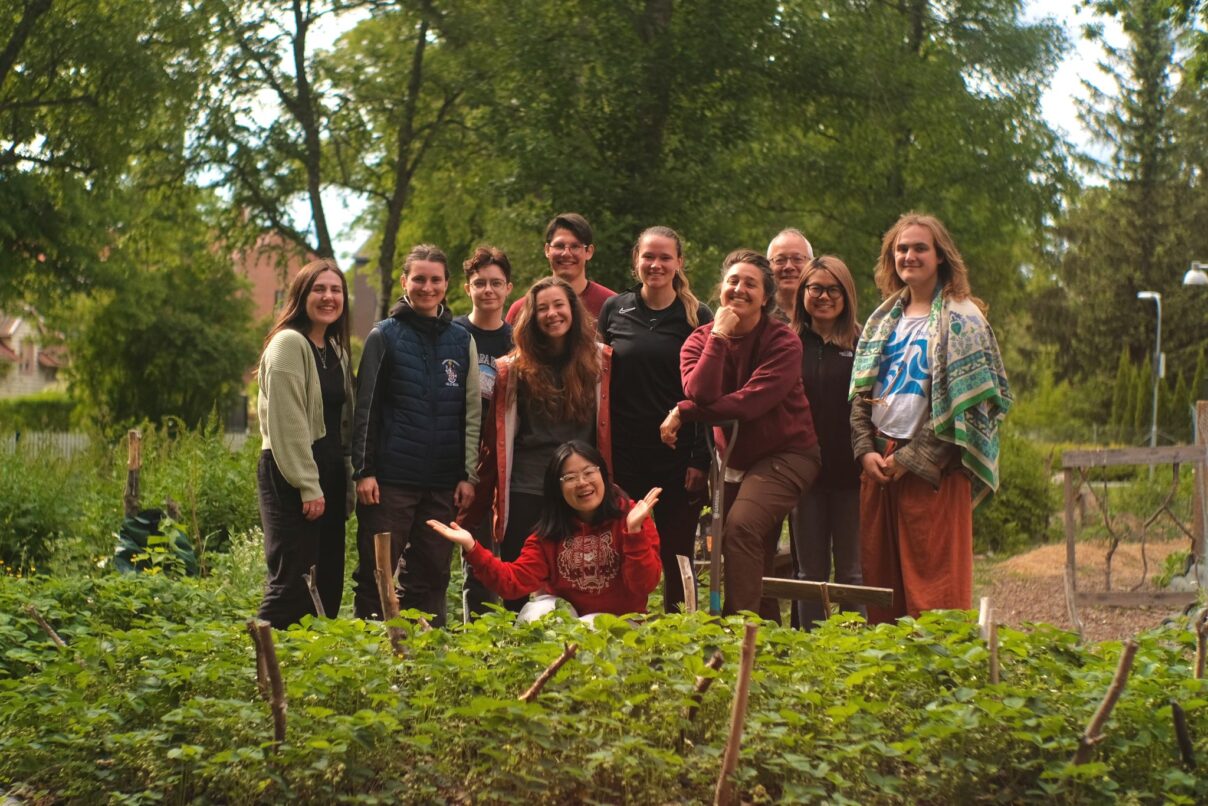Meet Robert Song, Programme Director of MA Environmental Humanities

What are your professional roles and areas of expertise as Programme Director for MA Environmental Humanities?
The MA is based in the Faculty of Arts and Humanities, and draws in lecturers from many departments including English Studies, History, Modern Languages and Culture, Philosophy, and Theology and Religion. My own department happens to be Theology and Religion, but on the MA we work in an entirely interdisciplinary way. As a Faculty we are strongly committed to the transformative role the humanities can play in society, and our work in environmental humanities is an important part of that.
What first attracted you to your chosen field of expertise?
Throughout my career I have researched and taught in the area of applied ethics, including politics, bioethics, technology, and sexuality. But as anyone who has taken any of my courses will know, my deepest passions have always related to questions about climate change and the environmental crisis. My next book is on the nature of hope in a time of climate catastrophe, and how theological and religious insights can help us think about this.
What is your favourite subject/module to teach from the MA Environmental Humanities course and why?
I have thoroughly enjoyed running the core module on environmental humanities for our MA. The students have been amazingly engaged and thoughtful, and it has been great seeing the different insights they bring from their own disciplinary backgrounds and countries of origin. It’s also been an extraordinary privilege to listen to outstanding colleagues talking about their areas of expertise from right across the humanities.
What can students expect from their first few weeks on the MA Environmental Humanities course?
They are likely to find it both exciting and challenging. Because students will have experienced a relatively specialised undergraduate degree, learning to come to terms with completely different disciplinary methods and assumptions can be quite demanding. But quite soon they realise that many of the concerns and arguments they encounter in different disciplines overlap in interesting and important ways, and that ends up being a stimulating, even exhilarating, experience.

What do you think makes your department unique?
The departments in our Faculty are consistently placed very highly in global rankings, and the quality of the lecturers reflects that. But we also aim to provide excellent personal support for each student, ensuring that every student’s concerns are addressed promptly and effectively. The students also enjoy socialising together as a group and with students on other similar programmes.
What advice would you give to someone thinking of studying MA Environmental Humanities?
We are living in a world that is facing ever greater challenges, and we need to nurture people who will be able to navigate them. Climate change, biodiversity loss and pollution are central amongst these challenges, but they won’t be resolved by science and technology alone. The humanities have a unique role in helping us understand and respond to the situation in which we find ourselves: this course is perfectly designed to help students do that.
Find out more
- Professor Robert Song is Programme Director for the MA in Environmental Humanities, and a Professor in the Department of Theology and Religion. If you would like to find out more about Robert, visit his profile.
- Learn more about the MA in Environmental Humanities programme.
- We are one of the leading Faculties of Arts and Humanities in the UK and ranked in the top 50 in the QS World University Rankings by Subject 2025.
